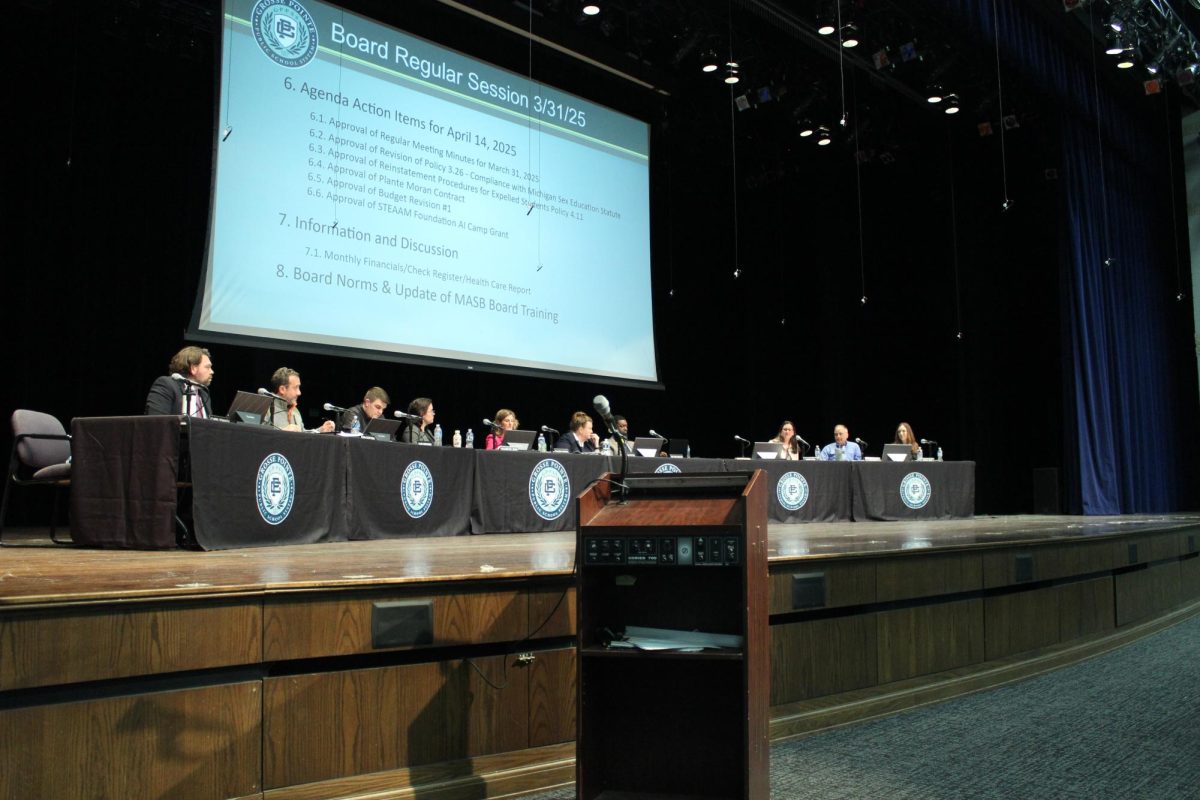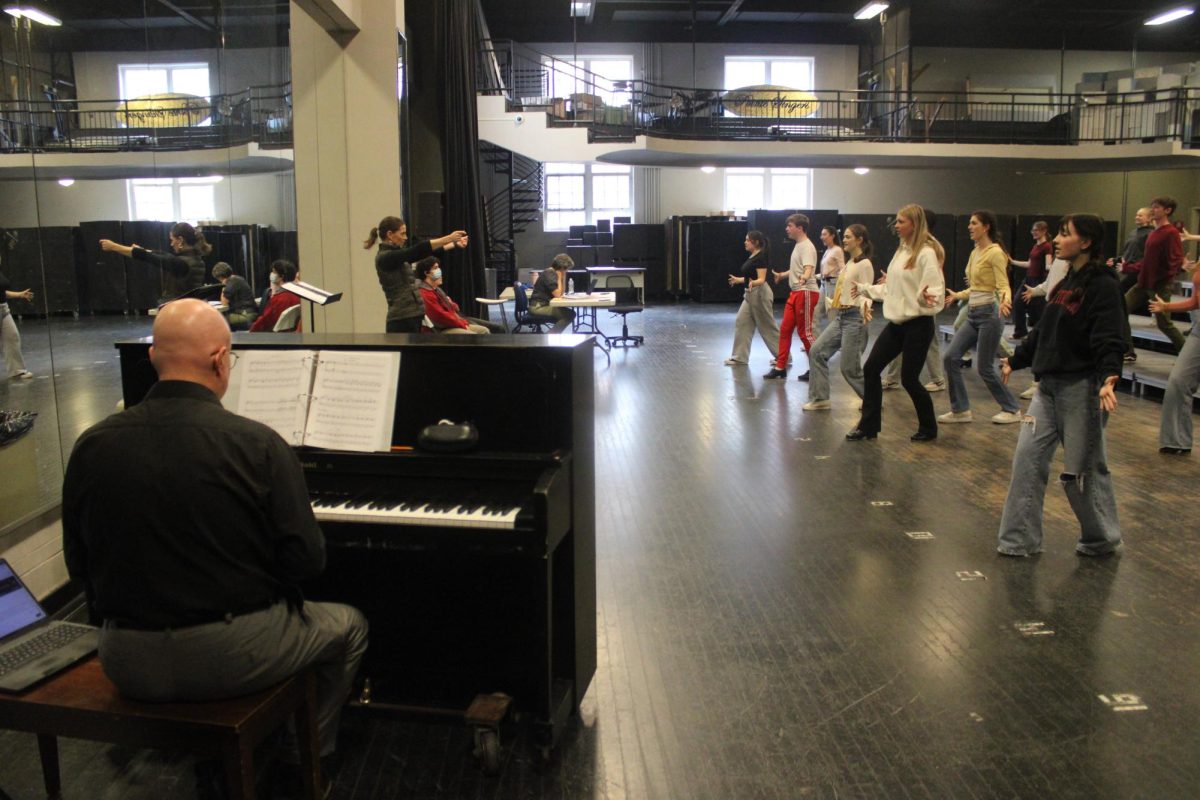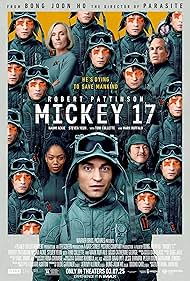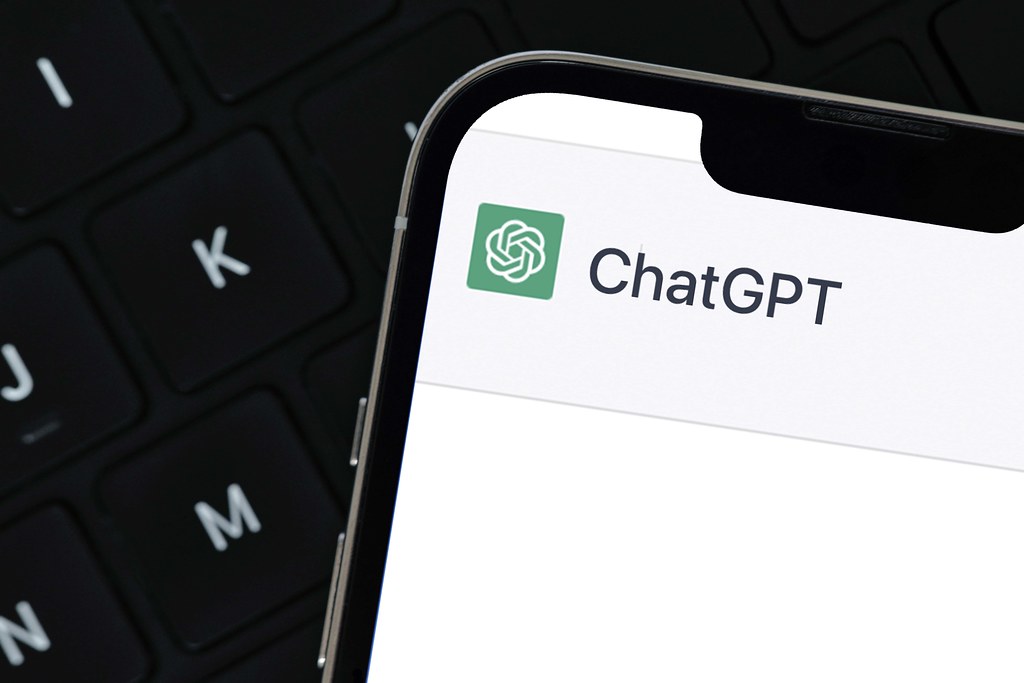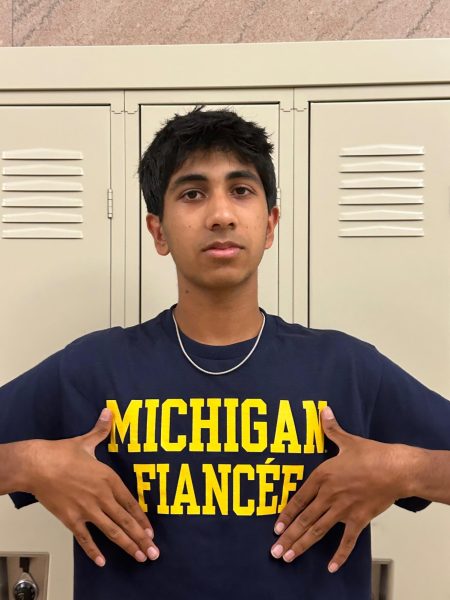“The Terminator”, “Blade Runner”, “The Matrix”: all across media artificial intelligence (AI) is fearmongered as the end of the world, and with recent advancements by companies like OpenAI and Microsoft, these dystopian futures have become more relevant than ever. The fear of AI becoming the bane of humanity is especially relevant in education. Parents and educators alike fear the ease that AI brings to cheating on assignments, causing students to forgo learning important critical thinking and research skills. However, perhaps if AI is seen as a tool instead of an adversary, we can harness its capabilities to foster a better learning environment for all.
The most obvious benefit to the emergence of streamlined AI is the possibility of personalized learning. It’s important to realize that when talking about AI, the wildly popular ChatGPT is not the only model being referenced; there are many different kinds of AI models with many different, unique uses. Lots of newer AI models have adaptive learning systems. This means that students can advance through a course at their own pace rather than falling behind or being held back by a rigid curriculum. This individualized approach allows students to have tailored experiences based on their strengths and weaknesses.
Not just for students, AI can have many benefits for teachers and administrators. Grading simple assignments can be a tedious chore for teachers and often takes time away from more productive tasks like lesson planning and giving attention to students. With AI, these repetitive tasks can be automated, freeing up a teacher’s valuable time for other focuses. Also with the use of data analysis tools powered by AI, teachers can create lesson plans that are more effective and powerful.
While the benefits are clear, the negatives are glaring as well. AI technology allows easier access to cheating than ever before. Students can copy and paste information without the worry of being called out for plagiarism. However, with the emergence of AI cheating material, the emergence of programs that prevent them. Lately, AI writing checkers have become more advanced and more successful, allowing teachers to ensure students are completing their work responsibly.
It’s important to take note that students who usually cheat will always cheat, and it’s unlikely that the existence of AI will increase the likelihood of them cheating. The unfortunate truth is that students with low academic integrity will find a way to dodge hard work despite anyone’s best efforts. Moreover, whether people like it or not, AI is here, and it will be nearly impossible to regulate with students considering the multitude of different outlets that students can access it. In that case, as a school—and as a society—the focus must be on the positives that can be taken out of the arrival of mainstream AI because it is only going to get more advanced and more capable. If society can use it to its advantage, it might just be able to avoid the dystopian future that has been projected for it.






